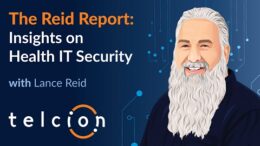Sounding the Alarm on the Human Cost of Medical Debt
By Meredith Kirchner – Nearly 136 million Americans visit the ER each year for various reasons like chest pain, fever, and shortness of breath. Unfortunately, these high-cost care episodes, whether in ERs, trauma centers, or specialty facilities, carry significant financial burdens for both patients and healthcare systems.
Read More








